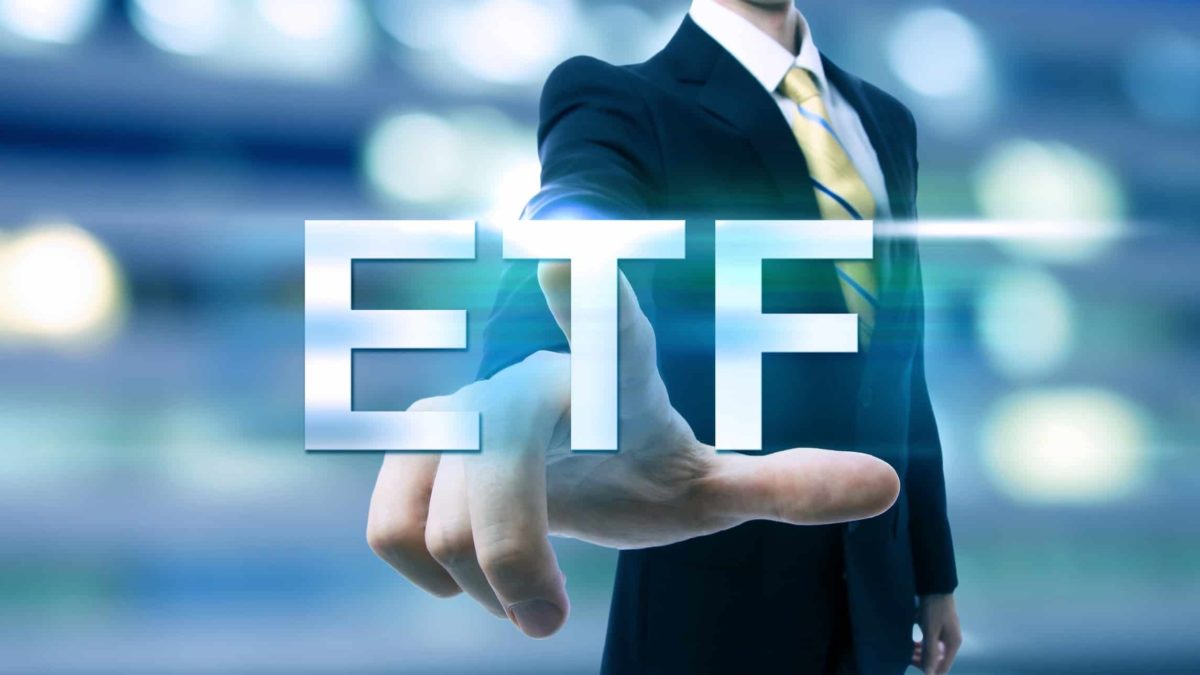Of all the ASX exchange-traded funds (ETFs) on the market today, the Betashares Asia Technology Tigers ETF (ASX: ASIA) certainly hasn't been a great one to hold over the past 12 months. Since mid-February 2021, ASIA units have lost a nasty 36.3% on today's closing pricing. Yep, this was an ETF that was worth more than $14 a unit a year ago. Today, it's at $8.96.
It's not too hard to see why this ETF has been through the wars of late. Its largest holdings are dominated by Asian tech companies. These including Taiwan Semiconductor Manufacturing Co and Samsung. As well as Tencent Holdings, Alibaba Group Holding Ltd and JD.com Inc.
These kinds of companies have been at the centre of a global selloff of tech-related shares we have seen play out over the past month or two. Growth shares in the tech space have been heavily punished across the world in 2022 so far. That includes in Asia, as well as the United States and here on the ASX.
Additionally, many Chinese companies such as Alibaba have come under additional pressure over concerns of investing in the Chinese market. The Chinese Communist Party has recently initiated several crackdowns on various industries in China that have spooked investors as well. And the United States government has raised concerns about Chinese companies listing on American stock exchanges in the past.
ASIA ETF had a year to forget…
So where to now for ASIA? Have we found the bottom for this ETF?
Well, according to the Shanghai-based Mingshi Investment Management, the opportunities of investing in Chinese companies is not to be ignored, despite the risks.
Here's some of what Lewis Prescott, Partner and International CEO at Mingshi, had to say:
Sophisticated investors consider geopolitics as a major risk, but they also acknowledge that ignoring China as a source of both alpha and diversification is also a risk… The China onshore equity market provides a unique opportunity for uncorrelated alpha and high liquidity
Mr Prescott also says that China is "under-represented in most investors' asset allocations" when it comes to international shares. He argues that increasing exposure to Chinese companies can improve investors' annual returns.
ASIA is of course not the only ETF on the ASX with Chinese exposure. In fact, only 46.7% of ASIA's portfolio is invested in Chinese shares. Other countries like Taiwan, South Kore and India make up most of the remainder.
However, if Mr Prescott's predictions turn out to be accurate, it might mean good things for the Betashares Asia Technology Tigers ETF.









